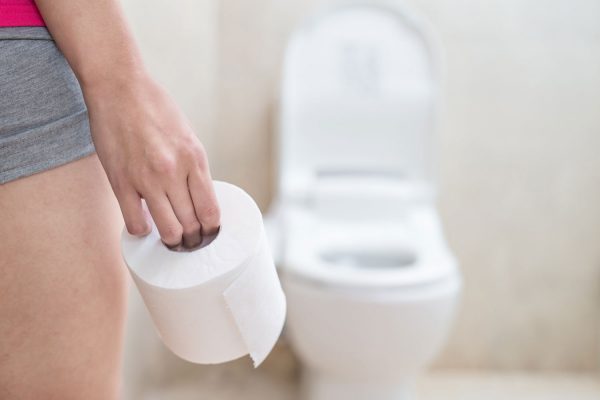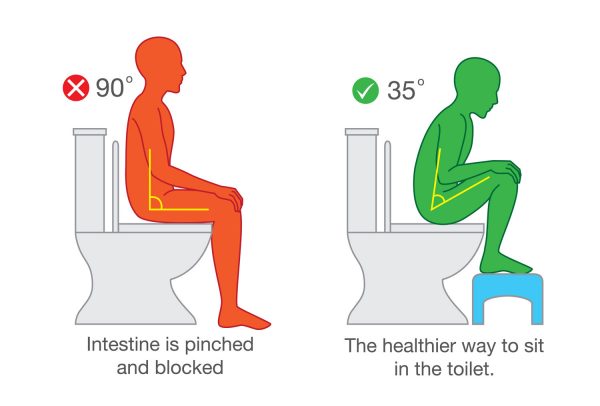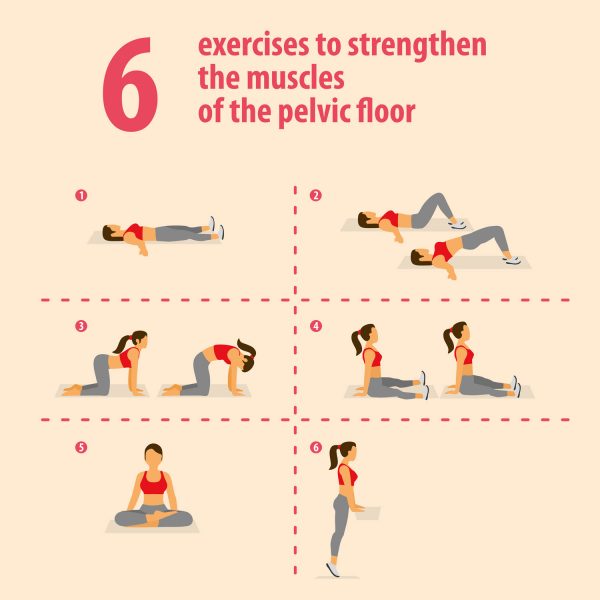Are you taking your bladder control for granted?

People with bladder control problem (such as incontinence) may stop participating in activities they like to do, or they may even isolate themselves. Good bladder and bowel habits are important for a healthy life and can help prevent or improve bladder and bowel control problems. There are several simple habits you can follow to keep your bladder and bowel healthy and to ensure good bladder and bowel control.
STEP 1: Fluid Intake

- try to drink at least 15 litres (6-8 cups) of fluid per day unless advised otherwise by your doctor.
- limit the amount of caffeine and alcohol you drink as they irritate the bladder. Do not drink too much coffee, tea or cola. (Instant coffee contains less caffeine than percolated coffee. tea contains less caffeine than coffee)
STEP 2: Practise good toilet habits

- do not get into the habit of going to the toilet “just in case” as this tends to result in the bladder is full and you need to go. (However, emptying your bladder before going to bed is fine)
- take your time when urinating so that your bladder has an opportunity to empty completely. For women, this should be in a seated position. If you rush, this may result in incomplete emptying of your bladder and possible urinary infections.
STEP 3: Maintain good bowel habits

Similar to good bladder habits, there are things you can do every day to keep your bowel healthy and avoid bowel control problems, these includes:
- using a good toilet position – lean forward while sitting on the toilet, with a straight back and your forearms on your thighs, Your feet should be raised so that your legs are angled slightly upward and away from your body. A footstool may help you find the best angle
- regular exercise
- eating adequate high fibre foods. Fibre, the roughage in plant foods increases the bulk and softness of stools, making them easier to pass. It may be that a medicine that you are taking is causing bowel problems. Avoid relying on laxatives and use them only when needed.
STEP 4: Look after your pelvic floor muscles

- keep the tone in your pelvic floor muscles strong with regular pelvic floor exercises.
- get advice from trained healthcare professionals to learn the correct techniques of pelvic floor exercises.
STEP 5: Seek help
Seek help from your doctor or continence nurse if you have difficulties with any of these steps, or if you experience any of the signs of bladder control problems stated below:

- involuntary loss of urine, regardless of amount, when you cough, sneeze, stand, lift or leakage occurs with sport or other physical activity.
- an urgent need to pass urine, being unable to hold on or not getting to the toilet on time.
- passing small amounts of urine frequently and consistently, e.g. more than eight times per day in small amounts of less than 200 mls (about the contents of a tea cup)
- having to get up several times overnight to pass urine.
- difficulty getting your stream of urine started or a stream that stops and starts instead of flowing out smoothly.
- the need for straining to pass urine.
- a sense that the bladder is not empty once urine has been passed.
- a feeling of burning or discomfort while passing urine.
- any change in your regular bladder pattern that is causing you concern.

Dr Juriyah Yatim
Assistant Director, Nursing, Singapore General Hospital
Dr Juriyah Yatim is an Advanced Practice Nurse (APN) and also an Assistant Director of Nursing in Singapore General Hospital (SGH). As an APN, she does her practice in SGH Pelvic Floor Disorder Service, which is a unique, multi-disciplinary service that provides clinical management for patients who have functional problems of the pelvic floor of urologic, gynaecologic or colorectal pathology. She also runs video consultation clinics for polyp surveillance, under Colorectal Surgery service.
Juriyah has attained her Doctor of Nursing Practice, a practice doctorate, from Duke University School of Nursing, North Carolina, USA in 2015. She is an Associate Faculty with Singapore Institute of Technology (SIT) for the SIT-University of Glasgow Bachelor of Science with Honours in Nursing and Clinical Preceptor for Continence for Graduate Diploma in Clinical Nursing for Wound, Ostomy and Continence Nursing (collaborated with Curtin University).
Juriyah is very passionate and active in research and evidence-based practices. She has launched a hospital-wide implementation of nurse-led removal of timely urinary catheter protocol known as HOUDINI in her institution which becomes a landmark as being innovative. She has produced and presented many nursing papers, in several platforms, locally and overseas. Some were award-winning papers. She also has several publications in journals and book chapters. She has delivered many talks in local and overseas, namely in Malaysia, Indonesia, Hong Kong, Thailand, Taiwan, Australia and also in Miami, USA.










